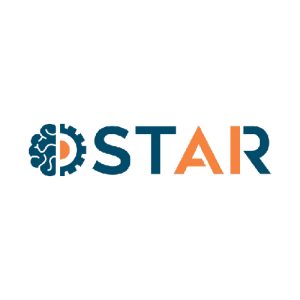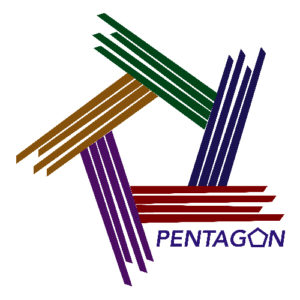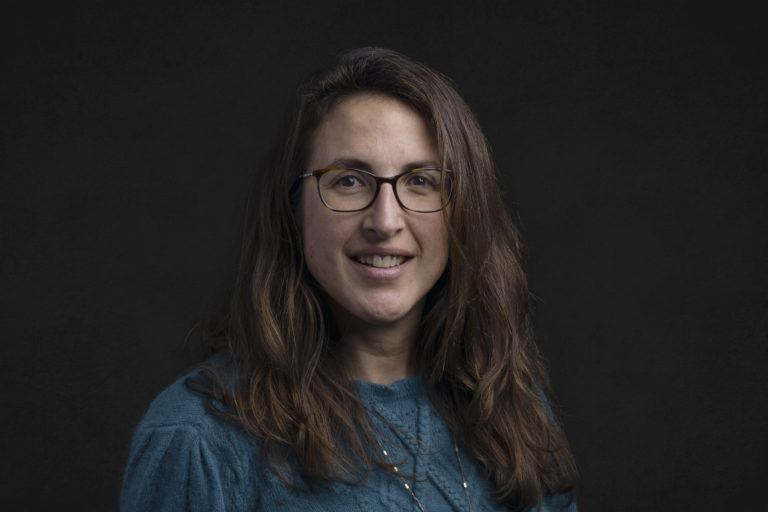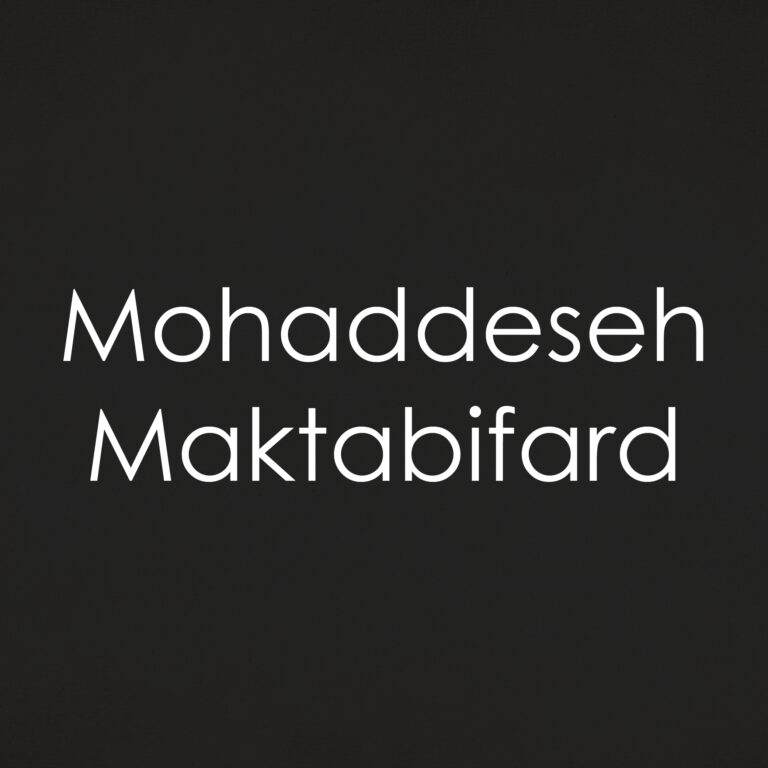
MakingCity
Urban Energy System transformation towards low carbon city
MAKING-CITY is a large-scale demonstration project aiming at the development of new integrated strategies to address the urban energy system transformation towards low carbon cities, with the Positive Energy District (PED) approach as the core of the urban energy transition pathway. PEDs are district with annual net zero energy import and net zero CO2 emissions, working towards an annual local surplus production of renewable energy.
The project will be intensively focused on achieving evidences about the actual potential of the PED concept, as foundation of a highly efficient and sustainable route to progress beyond the current urban transformation roadmaps. Although in principle a PED approach seems a solid and ambitious strategy, this should be complemented with long term urban planning to ensure upscaling and fostering higher impacts.
Motivation & Impact
Role of R2M
Motivation & Impact
MAKING-CITY enables a positive future for cities. Whatever their size is, cities are essential actors in fighting climate change. In 2016, the organisation “Deadline 2020” indicated that cities alone can reduce 5% of the world’s global emissions, contributing to meet the COP21 Paris Agreement, and in concert with other tiers of government and the private sector, they can potentially contribute to reduce 46%.
MAKING-CITY will focus on achieving evidences about the actual potential of the Positive Energy District (PED) approach. This approach will be the basis of highly efficient and sustainable plan and will be used to implement an energy efficient pathway for the city transformation. MAKING-CITY will provide a long-term vision (the “City Vision 2050”) making a considering change in the cities’ energy systems and organisational structure.
Activities and results carried out in the MAKING-CITY project will benefit to a lot of cities taking into consideration that nearly 9,000 cities from the six continents have already publicly pledged to participate in the Global Covenant of Mayors for Climate and Energy, an international coalition of cities and local governments sharing the same long-term vision of action to “combat climate change and move to a low emission, resilient society”.
Role of R2M
R2M helps the coordinator and the consortium to glue together all the concepts and focuses on maximum exploitation and impact, while safeguarding the interest of all industrial partners.
More specifically, R2M will:
– Support the methodology for PED design from the exploitation and business opportunities perspective (WP4)
– Contribute to the evaluation of the project from the technical, economic and social point of views (WP5)
– Lead exploitation and business models’ activities by establishing a solid strategy for the Exploitable Results and analyzing innovative business models and business cases resulting from the demonstrations (WP6)
– Participate in dissemination and communication activities (WP7)
– Contribute to collaboration activities with other SCC-1 projects and networks (WP8).
















































